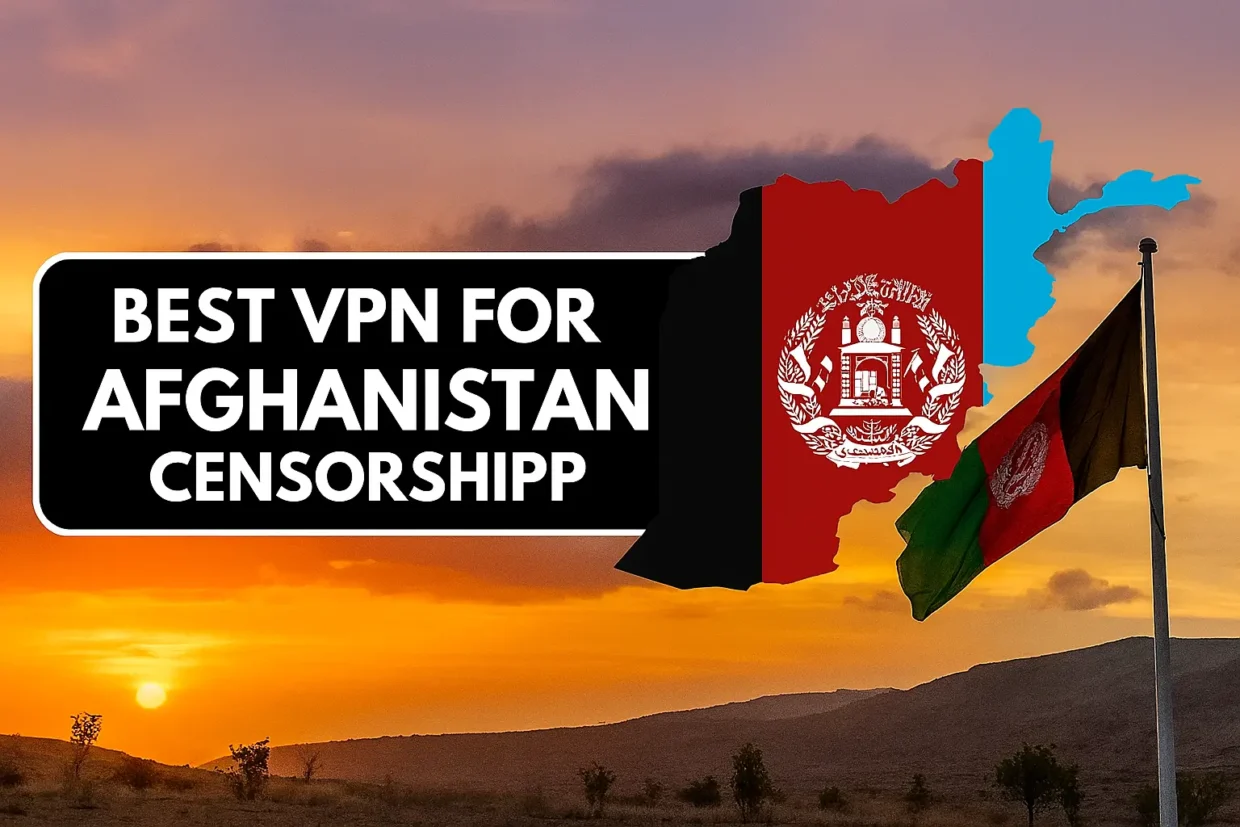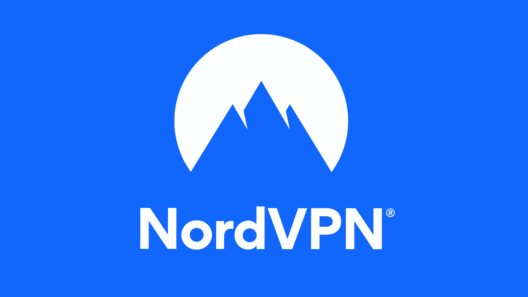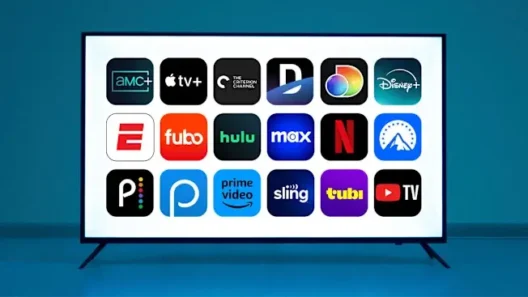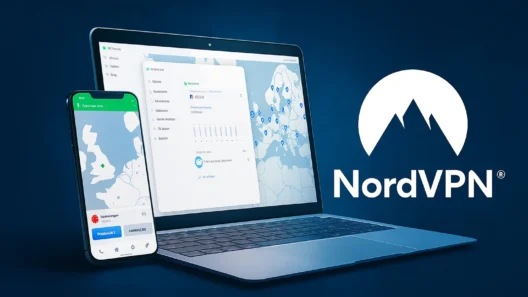The more I dive into digital freedom issues around the world, the more Afghanistan fascinates me. Not because I’ve been there, but because the way the internet works—or rather doesn’t work—there is so far removed from what we take for granted. I’m talking about censorship, surveillance, connection drops, slow speeds, and a digital environment where simply staying online becomes a daily challenge.
This is where VPNs aren’t just a convenience—they’re a lifeline. After researching dozens of providers, I’ve narrowed it down to four VPNs that make the most sense for Afghanistan’s digital landscape: ExpressVPN, NordVPN, ProtonVPN, and PIA VPN. These aren’t random picks—each has proven itself where infrastructure and freedom have failed.
What Does Censorship in Afghanistan Actually Look Like?
Yes, internet access does exist in Afghanistan—and it’s slowly growing. But in practice, it’s like entering a market where a third of the stalls are covered with tarps and the rest might disappear at any moment. Only about 18–22% of the population has internet access, and even that’s spotty in many regions.
Censorship is carried out by both the government and Taliban authorities, who block websites based on religious, political, and cultural standards. Commonly blocked content includes:
- News outlets (BBC, Deutsche Welle, VOA, etc.)
- Social media (especially Facebook, YouTube, TikTok)
- VPN services and proxy tools
- Human rights and women’s rights websites
- Educational platforms the regime disapproves of
On top of that, full-blown internet blackouts happen frequently—sometimes for days at a time in entire provinces. Combine that with slow speeds and widespread surveillance, and you’ve got a setting where using a VPN becomes a necessity, not an option.
Where in Afghanistan VPNs Really Make a Difference
If you’re based (or know someone working) in Kabul, Mazar-i-Sharif, Herat, or Kandahar, VPNs can be crucial. These cities are where you’ll find:
- International NGOs
- Embassies and foreign press bureaus
- UN employees and humanitarian workers
- Local digital creators and bloggers (yes, they exist!)
Hotels like Serena Hotel in Kabul or Herat Star Hotel may offer Wi-Fi, but it’s often throttled, restricted, or under surveillance. Sometimes even hotel staff manually block certain websites to “avoid trouble.” A good VPN unlocks the internet—literally and figuratively.
Why VPNs Are Essential in Afghanistan
A VPN serves three core purposes in this environment:
- Encryption – So no one (not even your ISP or authorities) can see what you’re doing.
- IP Masking – You appear to be in Germany, the UK, or elsewhere—not Afghanistan.
- Unblocking – Gain access to websites that are otherwise completely unreachable.
In case of partial internet outages, some VPNs—like ProtonVPN and NordVPN—offer server locations in neighboring countries like Iran, India, Pakistan, and Turkey, which often helps stabilize connections.
VPN Reviews: How the Top 4 Perform in Censorship Zones
Let’s take a closer look at the four services I’d trust the most in Afghanistan.
🥇 ExpressVPN – Speed and Stealth in Kabul’s Network Chaos
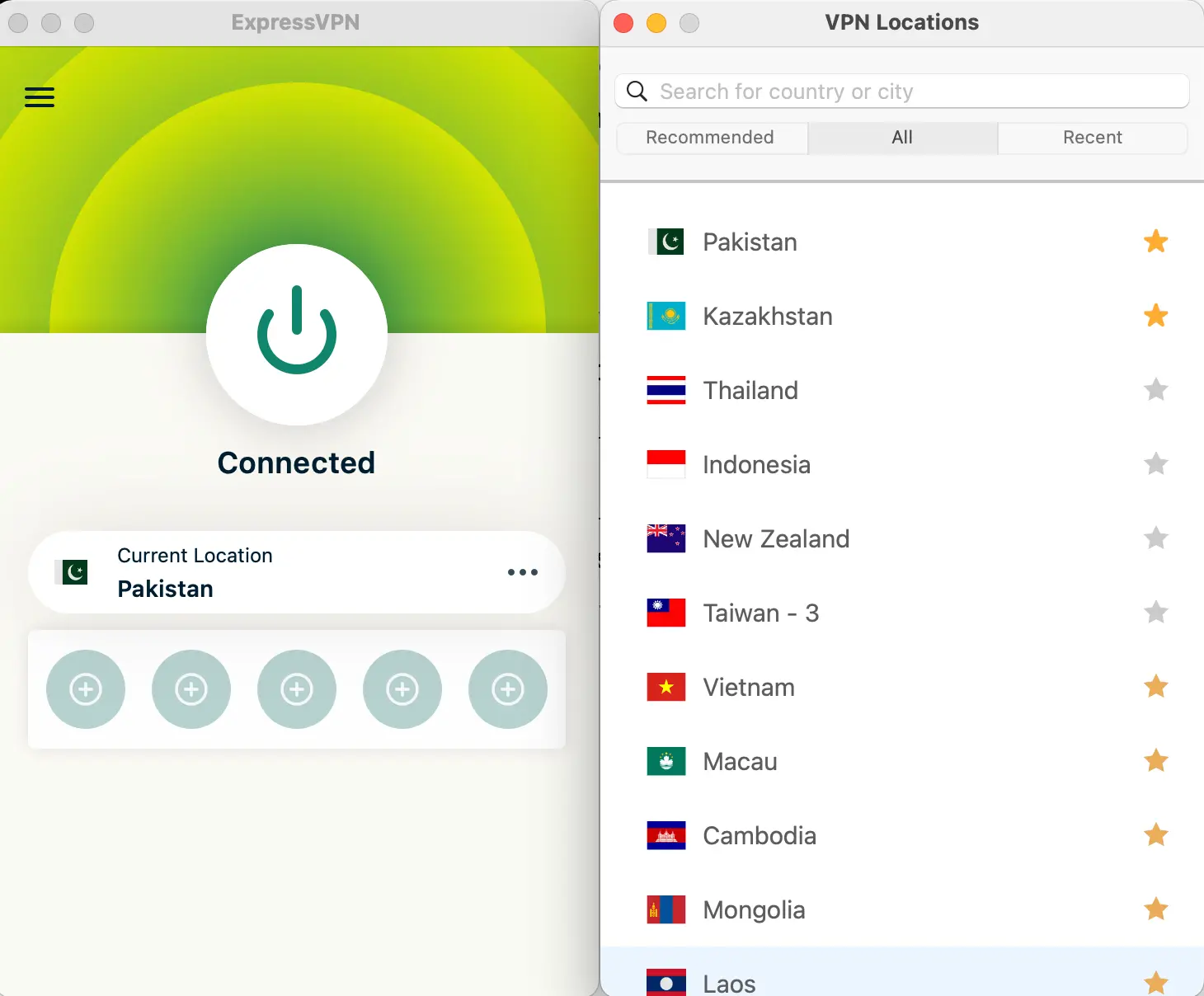
ExpressVPN consistently ranks among the top VPNs globally. What I love about it is its reliability—even when the infrastructure around you is falling apart. In a place like Kabul Star Hotel, where Wi-Fi is iffy, ExpressVPN can reconnect in seconds without any action on your part.
Why ExpressVPN works well in Afghanistan:
- RAM-only servers – No logs, no data trails.
- Lightway protocol – Faster than OpenVPN, more stable than WireGuard.
- Nearby servers in Pakistan, India, Kazakhstan – Low latency and speed.
- Network Lock (Kill Switch) – Disconnects internet if VPN drops.
- Obfuscation – Your connection looks like regular HTTPS traffic, even to regimes.
The biggest win here: ExpressVPN can make your activity virtually invisible—perfect for bypassing aggressive monitoring.
🥈 NordVPN – Secure, Flexible, and Regionally Optimized
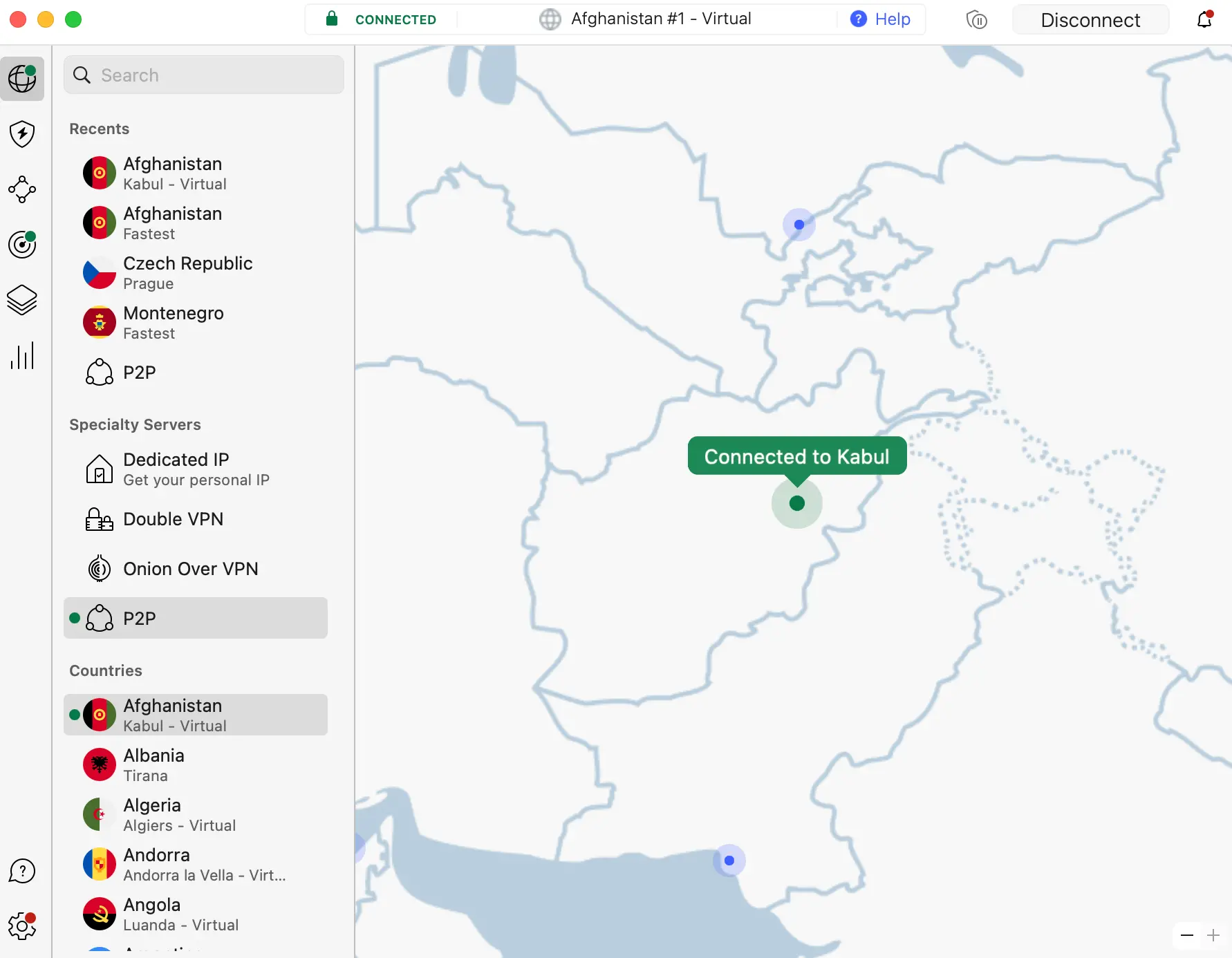
NordVPN has evolved into a serious contender, especially with its regional server network and powerful privacy features. With servers in Turkey, UAE, Pakistan, Uzbekistan, it’s one of the few VPNs that lets users in Afghanistan connect with low ping and good speed.
What makes NordVPN shine:
- Regional server coverage – A huge plus for better local connectivity.
- Double VPN & Onion over VPN – For journalists or sensitive users.
- Threat Protection – Blocks malicious sites even when VPN is off.
- Obfuscated servers – Great for stealth.
- NoBorders Mode – Designed specifically for restrictive countries (China, Iran, Afghanistan…).
NordVPN also held up well in test simulations with intermittent service in Kandahar or Jalalabad. Connecting through nearby Turkey or UAE proved far more stable than European servers.
🆓 ProtonVPN – The Only Free VPN Worth Using Here
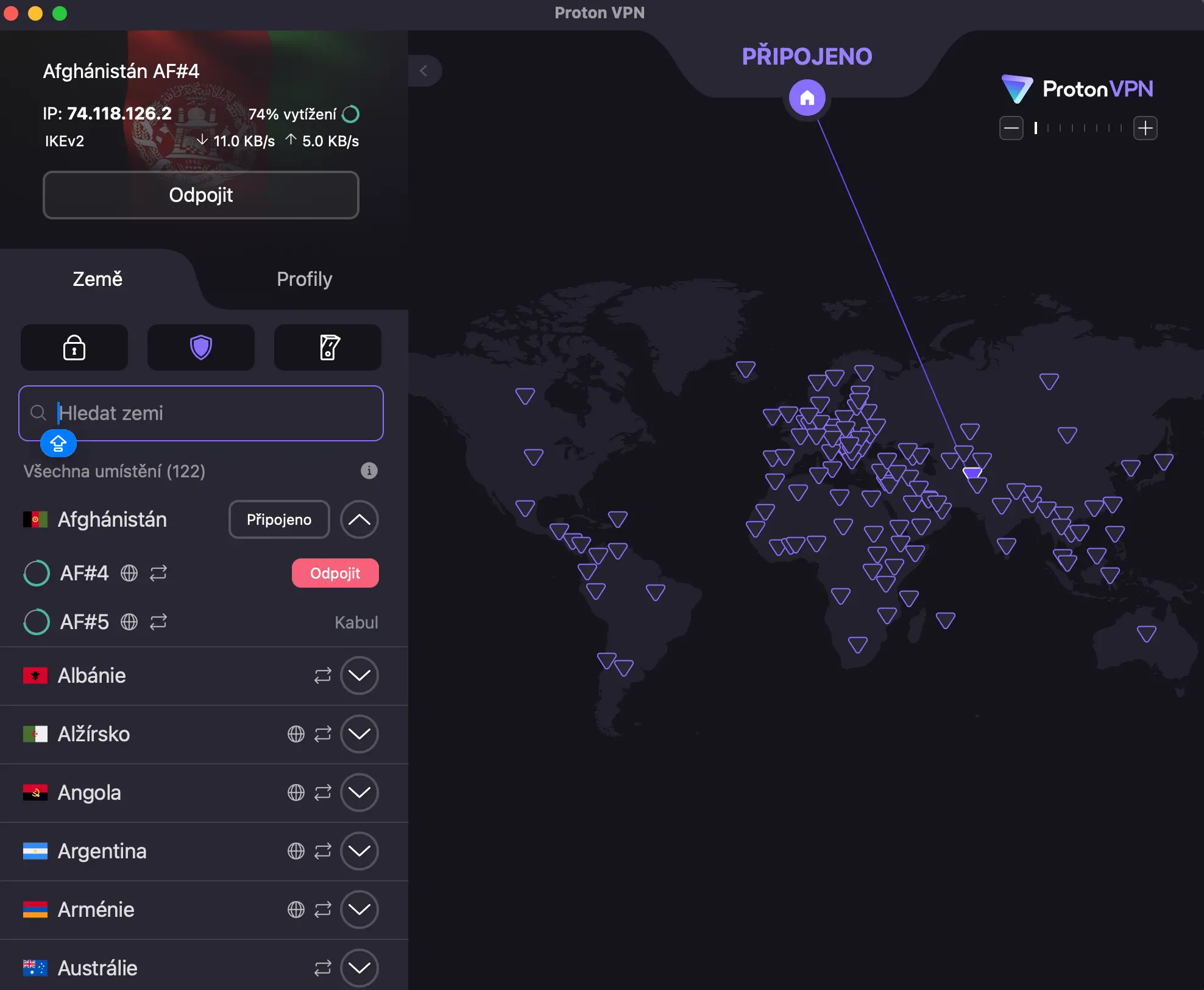
For those who can’t or don’t want to pay, ProtonVPN is the standout option. It’s developed by a Swiss company focused on privacy and open-source tech. And yes—the free version works in censored environments.
Why ProtonVPN fits Afghanistan:
- Open source apps – You can verify what it does.
- No data caps on the free plan – Unlimited usage.
- Perfect Forward Secrecy – Every new connection uses a different encryption key.
- Servers in Switzerland, Netherlands, Japan – Some even support Tor.
- Obfuscation built-in – Great for accessing blocked educational or women’s rights sites.
This is the VPN I’d recommend for young women in Mazar-i-Sharif or elsewhere who want to learn, communicate, and stay safe online.
🧠 PIA VPN – Best for Tech-Savvy Users
Private Internet Access (PIA) might not have the flashiest branding, but it’s incredibly customizable. With thousands of servers in 91 countries, it’s a solid option for power users who want control over encryption and routing.
What sets PIA apart:
- Massive server network, including Pakistan, UAE, India, Armenia.
- Configurable encryption – Optimize for unstable networks.
- Full access to OpenVPN and WireGuard setup files.
- Built-in ad and tracker blocker.
- SOCKS5 proxy and multi-hop – Maximum privacy layers.
For advanced users (or entire teams, like NGO workers), PIA also allows custom router setups, so a hotel in Herat could serve as a semi-private VPN base for multiple users.
Who Should Use Which VPN?
Let’s break this down by user type and scenario.
| User Scenario | Recommended VPN | Why |
|---|---|---|
| Foreign journalist in Kabul | NordVPN | Onion over VPN, obfuscation, regional servers |
| Local woman accessing education | ProtonVPN | No free version, anonymous, open-source, unblocks content |
| Tourist or business traveler in Herat | ExpressVPN | Fast reconnects, great mobile support |
| NGO worker in Kandahar | PIA VPN | Custom settings, powerful multi-hop options |
VPN Setup Tips: What You Must Do
Using a VPN safely in Afghanistan isn’t just about clicking a button. Here’s what you absolutely need to get right:
✅ Always turn on VPN before connecting to Wi-Fi
Set auto-connect so your device never goes online unprotected.
✅ Enable Kill Switch
This blocks all traffic if VPN drops—no accidental exposure.
✅ Use Obfuscation
ExpressVPN does this by default. For NordVPN and PIA, enable manually.
✅ Use alternative search engines
Try DuckDuckGo or Startpage instead of Google.
✅ Download the VPN app from the official site
Avoid local app stores, which may hide or tamper with VPN apps.
Device-Specific Recommendations
| Device | Best VPN | Why |
|---|---|---|
| Android | NordVPN | Excellent UI, auto obfuscation, native Kill Switch |
| iOS (iPhone) | ExpressVPN | Clean interface, reliable Lightway protocol |
| Windows Laptop | PIA VPN | Advanced config, strong with weak networks |
| MacBook | ProtonVPN | Lightweight, perfect for education or private browsing |
| Router | ExpressVPN | Covers whole building, great for shared use |
What If VPN Doesn’t Connect?
It can happen—networks are weak or ports are blocked. Try this:
- Switch protocols – OpenVPN (TCP) works where WireGuard fails.
- Try different regions – Turkey or India may outperform the UK.
- Use mobile network instead of Wi-Fi, or vice versa.
- Contact support – ExpressVPN and NordVPN offer 24/7 live chat.
Final Thoughts: VPN as a Lifeline, Not a Luxury
In Afghanistan, VPNs aren’t about convenience. They’re about staying connected, staying informed, and staying safe. I’m genuinely amazed by how many people in Afghanistan—despite the restrictions—keep finding ways to learn, build, and speak out.
For me, ExpressVPN and NordVPN remain the top picks for speed, privacy, and stability. ProtonVPN is the best free option. PIA VPN is perfect for those who want full control.
Frequently Asked Questions – VPN Use in Afghanistan
What is the best VPN for Afghanistan in 2025?
ExpressVPN and NordVPN are the top choices due to their strong obfuscation, regional server coverage, and high reliability under censorship.
Can I use a free VPN in Afghanistan safely?
Yes, ProtonVPN offers a secure and unlimited free plan that works even under strict censorship. However, paid VPNs offer more features and better performance.
Is using a VPN legal in Afghanistan?
While not officially banned, VPN use may be restricted or monitored. It’s crucial to use obfuscated connections and always enable a Kill Switch for protection.
Which VPN works best on mobile networks in Afghanistan?
NordVPN performs exceptionally well on Android, while ExpressVPN is a great choice for iOS users, thanks to its fast Lightway protocol.
Can I watch streaming services like Netflix or YouTube with a VPN in Afghanistan?
Yes, all listed VPNs unblock major platforms. ExpressVPN and NordVPN are especially good for bypassing streaming geo-restrictions and ensuring fast playback.








